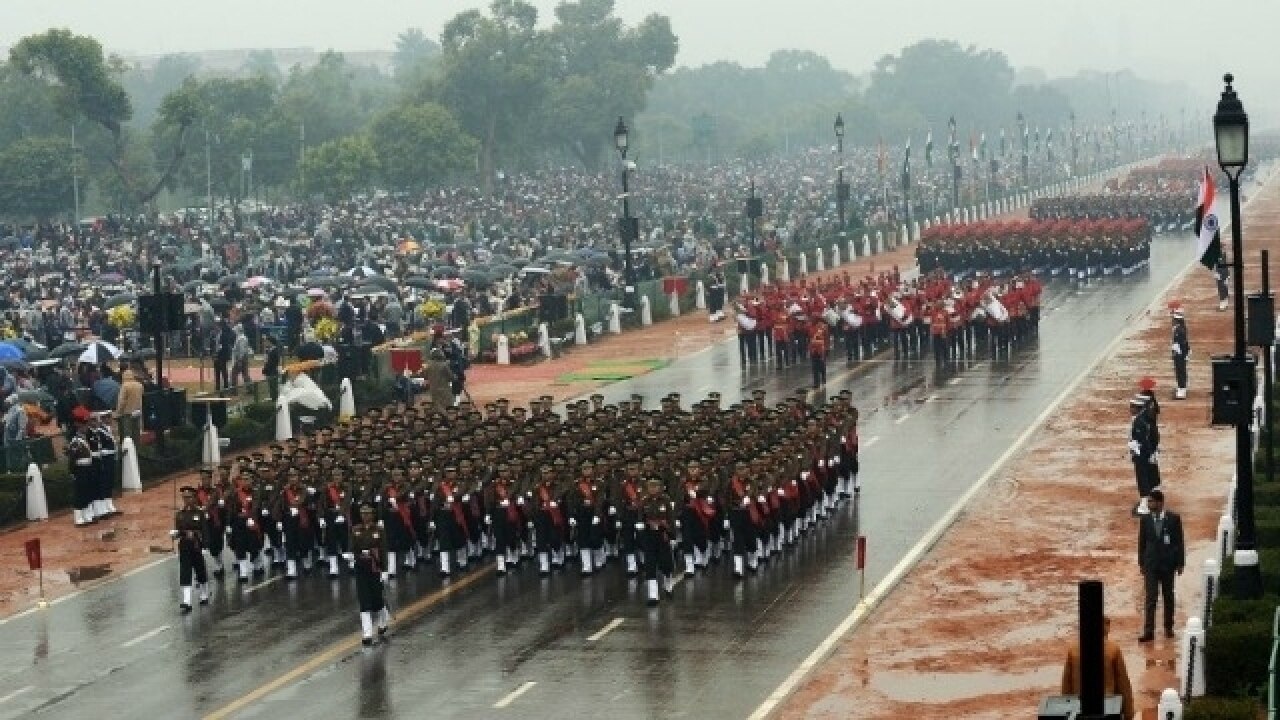
Beyond the magnificent parade marching down the Raj Path in Central Delhi, showcasing the might of India’s armed forces and the cultural diversity of its people, the Republic Day is a moment to take stock of our constitutional achievements and the state of our democratic institutions. On January 26, 1950, the Constitution of India came into force, transferring political power to the people, giving us our cherished fundamental rights and governing bodies, and reminding us of the responsibilities we as citizens owe to the country. Since then, countless elections have taken place from the Lok Sabha downwards; executive power has been transferred peacefully, and the Centre and the states have largely worked in collaboration to further the founding ideals of our Republic. The key institutions, the executive, legislature, judiciary and the media have functioned as balancing pivots to provide the checks and balances that sustain a healthy democracy.
Democracy by its very nature is meant to be raucous. The inter-state river water disputes, the imposition of Article 356 and implications for federalism, the executive’s vexation with the judiciary and vice versa, and delayed or vitiated appointments to constitutional bodies are just some of the controversies that break out from time to time. But more importantly, the stakeholders continue to engage with each other despite disagreements and find ways to coexist within the framework of the Constitution and the idea of India. The jallikattu protest is an interesting example where the interventions of the central and state governments, the judiciary, protesters in Tamil Nadu, and animal rights activists have created a fluid, but piquant, situation. But rest assured, like every other crisis, even this one will be resolved, even if it will not be a perfect resolution.
But on some issues there is no room for complacency. Water scarcity is one potential threat to national integrity. The haggling over inter-state rivers is the source of perpetual tensions between several Indian states. The protection of human rights is another non-negotiable contract that the state has entered into with its citizens. While the political leadership has largely strived to ensure a measure of equality before the law, there are places like Kashmir, the North-East and Bastar where anti-insurgency actions have contributed to rights violations. With India marching into the social media age, citizens are demanding transparency, accountability and responsiveness from the constitutional institutions and the media.
It is also important for citizens to act and respond in ways that strengthen our constitutional ideals. It is easy to pull down institutions but hard to build them. The Republic Day is a time to remember an India before we had our Constitution and the advances we have made since.